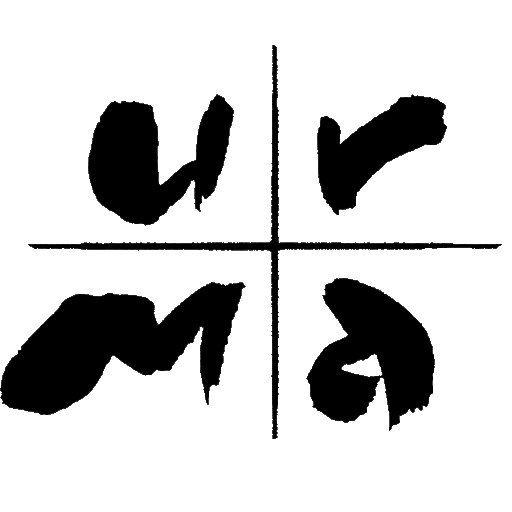Research Spotlights
Our members produce news articles, videos, podcasts, publications and other works throughout the year on research discoveries being made at universities, government agencies and non-profit research institutes around the world. Check out some of the latest work by our members.
Life Cycle of a Fact
PUBLISHED BY: University of Delaware
PUBLICATION TYPE: Article
PUBLICATION DATE: August 1, 2022
AUTHORS: Beth Miller
CONTACT: Beth Miller, Communications Manager
At some point in history — and not all that long ago — we did not know what in the world we were made of. We did not know anything about genes or cells or microbes or what made them all fit together.
We may have known the knee bone was connected to the thigh bone, but we didn’t know anything about the ligaments that shored up those connections, how all of that mattered to our muscles or why some old men had a lot more trouble walking than their grandchildren did.
For a long time, we didn’t know anything about bacteria or viruses either. We had no idea that they could threaten our lives, and we did not know that we could avoid the diseases they brought.
Scientists have taught us a lot about these things, often working for years to answer a single question to help us understand how things work and how they could work better.
“When I teach biochemistry, I often challenge my students to think about the people who made the facts in their textbooks possible,” said Catherine Leimkuhler Grimes, professor of chemistry and biochemistry at the University of Delaware.
“People. Real people made these facts possible, probably dedicating much of their research careers to discover these things. However, as we go through time, those facts can be added to and the plot can thicken and/or change.”

